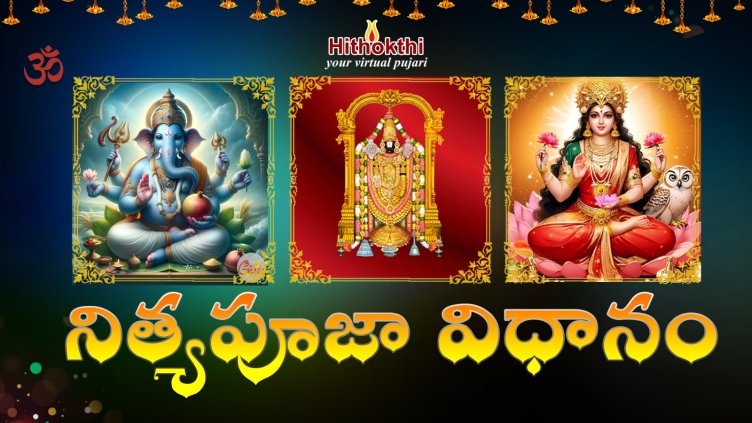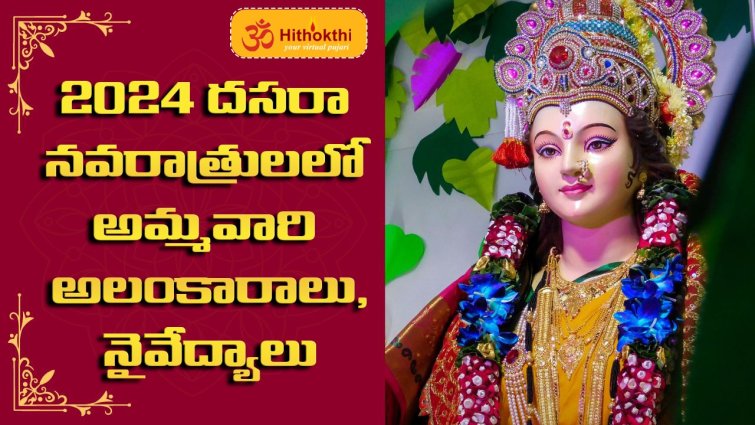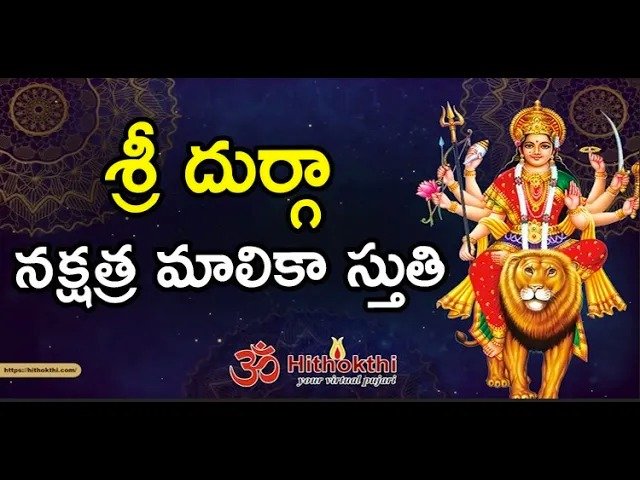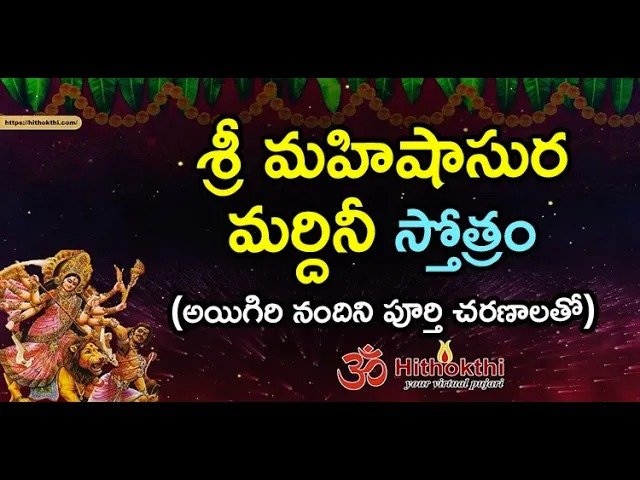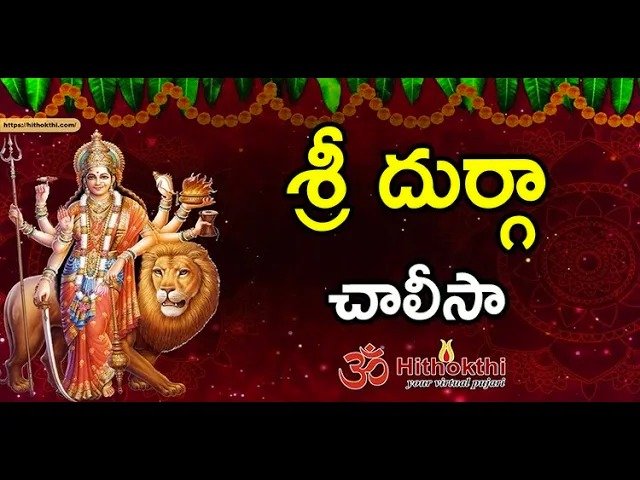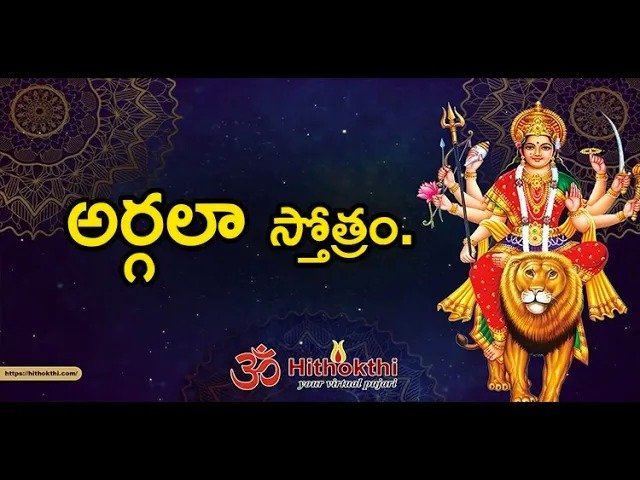Realization of Paramatma
Bangalore, July 29, 2013: Hinduism is the mother of all religions and it is the individual’s association with the Supreme (Paramatma), and the ultimate objective of religion is realization of truth. It is both a religion and way of life, since religion involves beliefs and way of life involves our conduct in living.
Obviously, there is some faith involved until one has the experience of the Ultimate. And there are prescriptions to follow, if one chooses to follow them. So, indeed it is a religion in whatever way one practices it. And, it is indeed a way of life, since every act one does, every moment of one’s life, is considered part of the spiritual evolution.
There are three aspects of Hinduism: Temples, Philosophy and Guru. It is very fortunate that in the last decades Hindu temples have come up in different parts of the world. There are temples in all the continents. The Hindu temple and stone images in it work as a channel for the Deity, for the God.
People come to a sanctified temple and go away, and in that process they are slowly changed from the inside out. They have changed because their very life has changed, their mind has been changed and their emotions have undergone a subtle transformation. The temple is the home of the Deities, and each devotee goes according to his own timing and his own particular needs.
Hinduism philosophy has influenced the deep religious thinkers of all cultures through known history. In the area of philosophy must be included the enormous array of scripture, hymns, mantras, devotional bhajans and philosophical texts which are certainly unequaled in the world.
It all starts with the temple, with this sacred house of the Deities, this sanctified site where the three worlds communicate, where the inner and outer mesh and merge. It is there that devotees change. They become the perfect beings who live in the temple, become the voice of the Deity, writing down what is taught them from the inside, and their writings, if they are faithful to the super-conscious message of the God.
Also, in Hinduism, there will be guru - the teacher, the illuminator, the spiritual preceptor.
The guru is the remover of darkness. He is one who knows the philosophy, who knows the inner workings of the temple, and who in himself is the philosopher and the temple. The guru is he who can enliven the spirit within people.
Like the temple and the philosophy, he stands alone, apart from the institutions of learning, apart from sites of pilgrimage.
He is himself the source of knowledge, and he is himself the pilgrim’s destination.
Hinduism cannot be destroyed. It exists as the spirit of religion within each being. Its three aspects, individually proficient, taken together make Hinduism the most vital and abundant religion in the world.
In its original form, it was perhaps a functional arrangement within society. Society as a whole needs several types of work to be completed for organized living: the priests and advisors, the ruler and soldiers, businessman and workers. Everybody being the creation of God and having their own place of importance in society, all should be respected equally.
In Hinduism, there is no person or spiritual authority who stands between man and God. In fact, it teaches just the opposite. The priests in the temples are the servants of the Deity, the helper, the keeper of the God’s house. He prepares and purifies the atmosphere of the temple, but he does not intervene between the devotee and his God - whichever of many Gods within our religion that he may be worshipping. Without a mediator, responsibility is placed fully upon the individual.
Thus, the greatness of Hinduism cannot be compared with other religions. This has no beginning, therefore will certainly have no end.
It was never created, and therefore it cannot be destroyed. It is a God-centric religion. The center of it is God.
All of the other religions are prophet-centric. The Hindus acknowledge this and recognize all of the world’s religious leaders as great prophets, as great souls, as great incarnations, perhaps, of the Gods, or as great realized beings who have through their realization and inward practices incarnated themselves into, or transformed themselves into, eminent religious leaders and attracted devotees to them.
Sri Guruji, 71st Pontiff of Sri Adichunchanagiri Mahasamsthana Math,
Source: The New Indian Express, DT. July 29, 2013.

